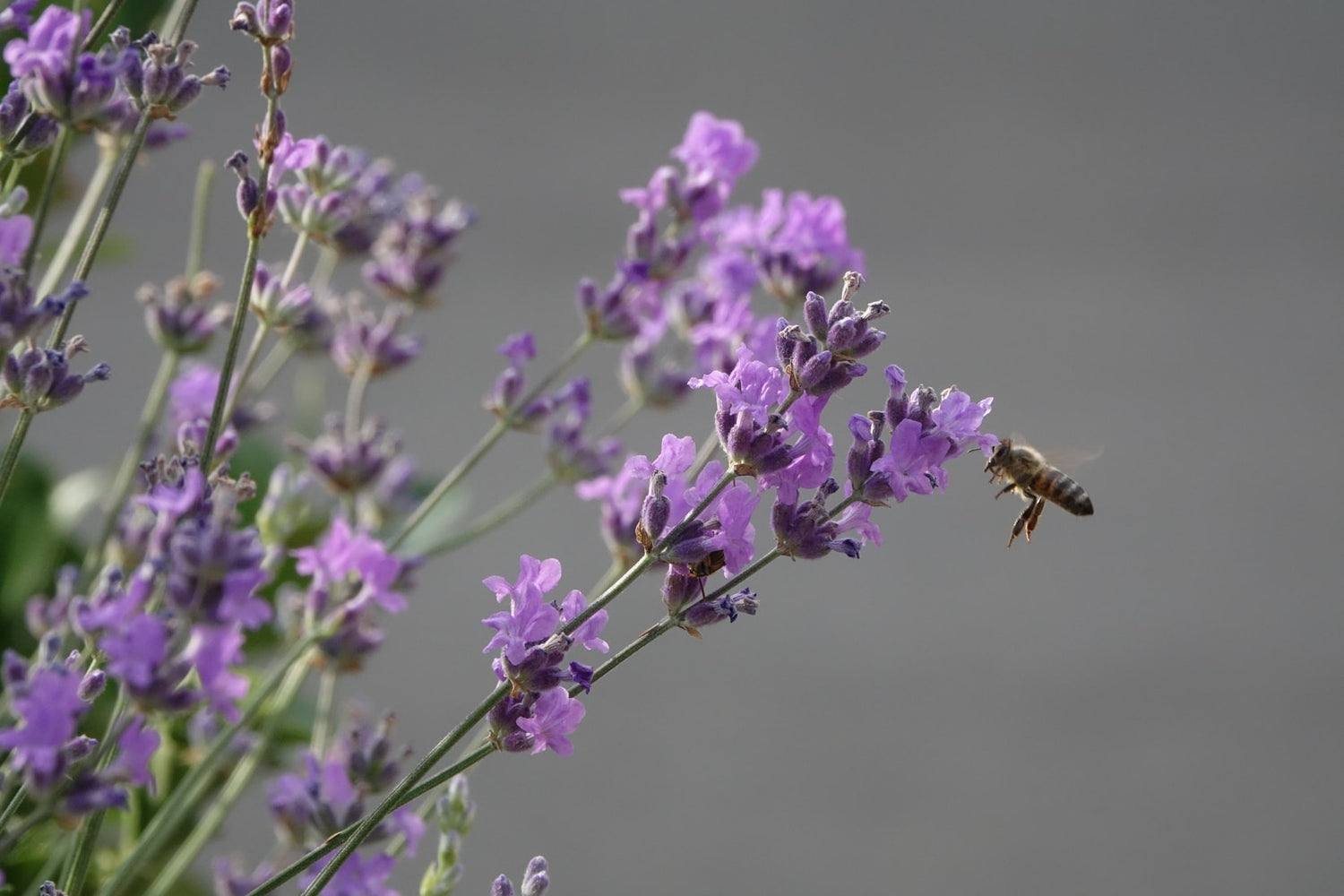If you had a bite to eat today, chances are, you can thank a bee. Thanks to their work as pollinators, bees are a vital piece of the world’s agricultural puzzle. From the local orchard to the Midwestern factory farm, bees are an absolute necessity for survival. Without their help, food supplies would be devastated. Unfortunately, bees and other pollinators have been in serious decline, and pesticides are a big contributor.
Monsanto, now formally known as Bayer, is a big reason why we have seen large increases in pesticide use across the globe. Monsanto started out as the maker of killer poisons like DDT, PCBs, and Agent Orange. Agent Orange, which was used as a biological weapon during the Vietnam War, was an experimental form of chemical and biological warfare, designed to strip foliage and deny the enemy jungle cover - and to deprive enemy forces of their food supply (directly spraying rice-fields, for instance). After the war, the company pivoted their use of the chemical to a pesticide and convinced farmers that it would increase their crop yields. However, there is still no evidence to support that crop yields are higher with the use of Monsanto’s Roundup (also known as glyphosate). In fact there are many cases where the yields are less than when farmers use organic practices. The build-up of Monsanto’s glyphosate in crops is suspected as a leading cause of the spike in autism, microbiome issues, cancer, and long-term illnesses we’re seeing in America - and it’s strongly linked to bee colony die-offs, too. The use of Monsanto’s Roundup is highly controversial and it has already been banned in a number of countries around the globe.
Cotton and soy farmers are the heaviest contributors of pesticide use across the United States. Europe has started to ban many of the pesticides that the EPA has deemed as safe. In areas where pesticides are prevalent, we are seeing huge declines in bees and honey production. The pesticides contaminate the soil and flowering weeds that the bees often depend on for food in these cropping systems. The weeds take up the insecticide, the bees eat the weeds, and the insecticide shows up in the bees’ pollen and nectar. Beekeepers have struggled to protect their hives from parasites, viruses, insecticides, and other colony-destroying threats. All these factors, as well as climate change, have been linked to colony collapse disorder, which emerged more than a decade ago and destroyed 30 percent to 90 percent of some beekeepers’ hives.
Under the administration of President Obama, research into the effects of pesticides led to heavy restrictions on their use. Unfortunately, the current administration backed out of a lot of those restrictions. The current administration actually just recently approved using sulfoxaflor, which is a bee-killing pesticide, for 16 million acres.
But there is hope. Consumers can demand change by supporting organic products. Certifications like USDA organic foods and GOTS organic fabrics ensure that there were no pesticides used to create these products. Pesticides linger on your fruits and vegetables no matter how much you scrub them. They cling to fabric even after you wash your clothes 50 times. They find their way into your body, causing innumerable health risks. Whether you’re driven by your care for the environment, or for your own health, supporting organic practices is the way to go.




Leave a comment
This site is protected by hCaptcha and the hCaptcha Privacy Policy and Terms of Service apply.